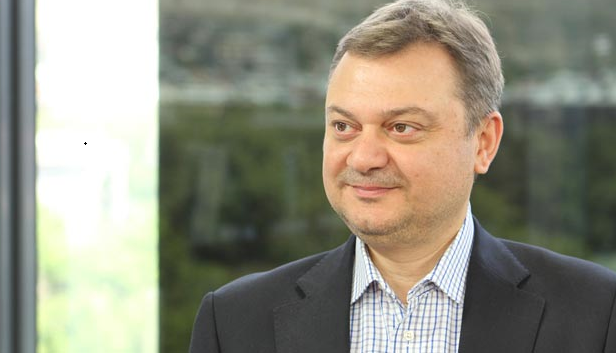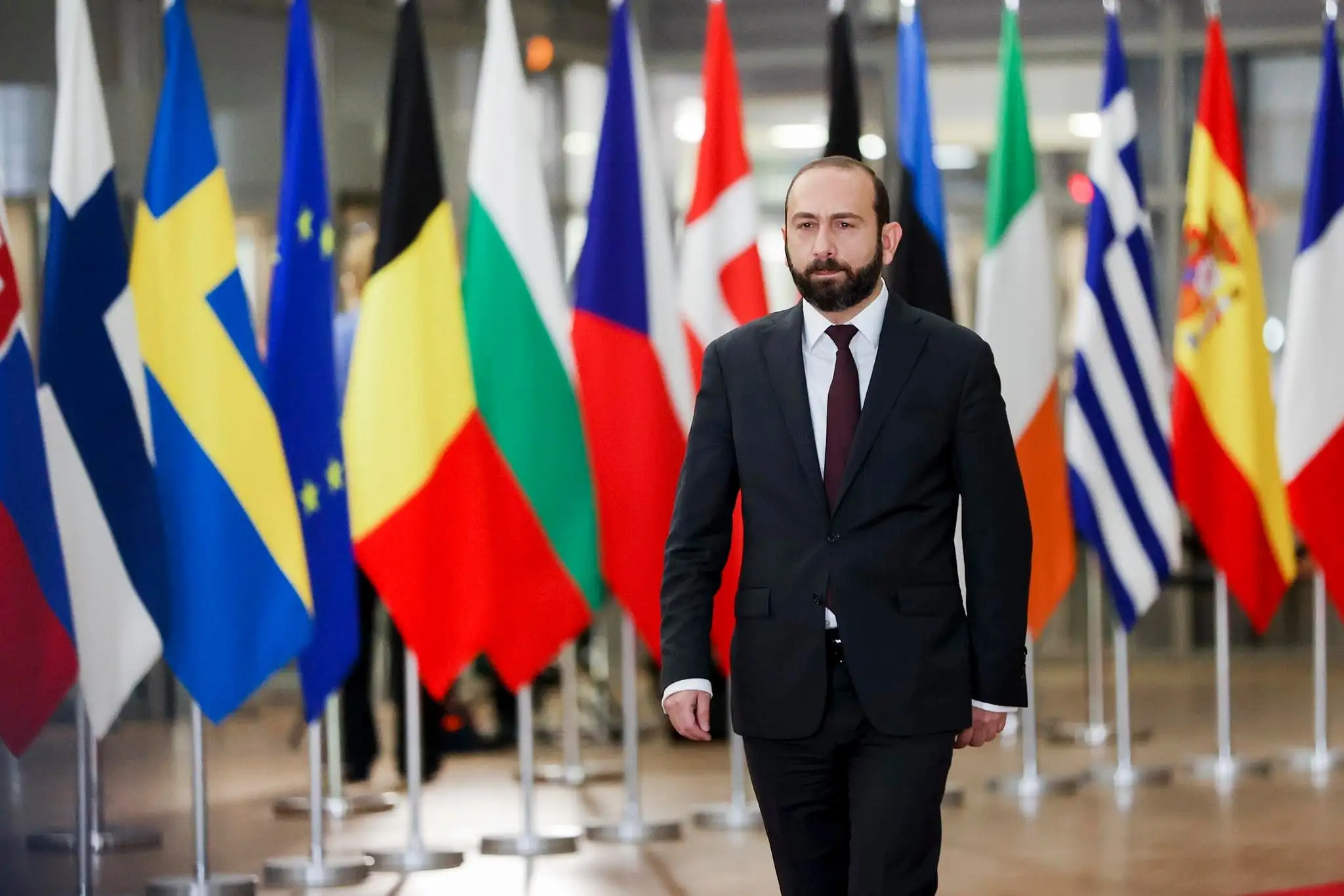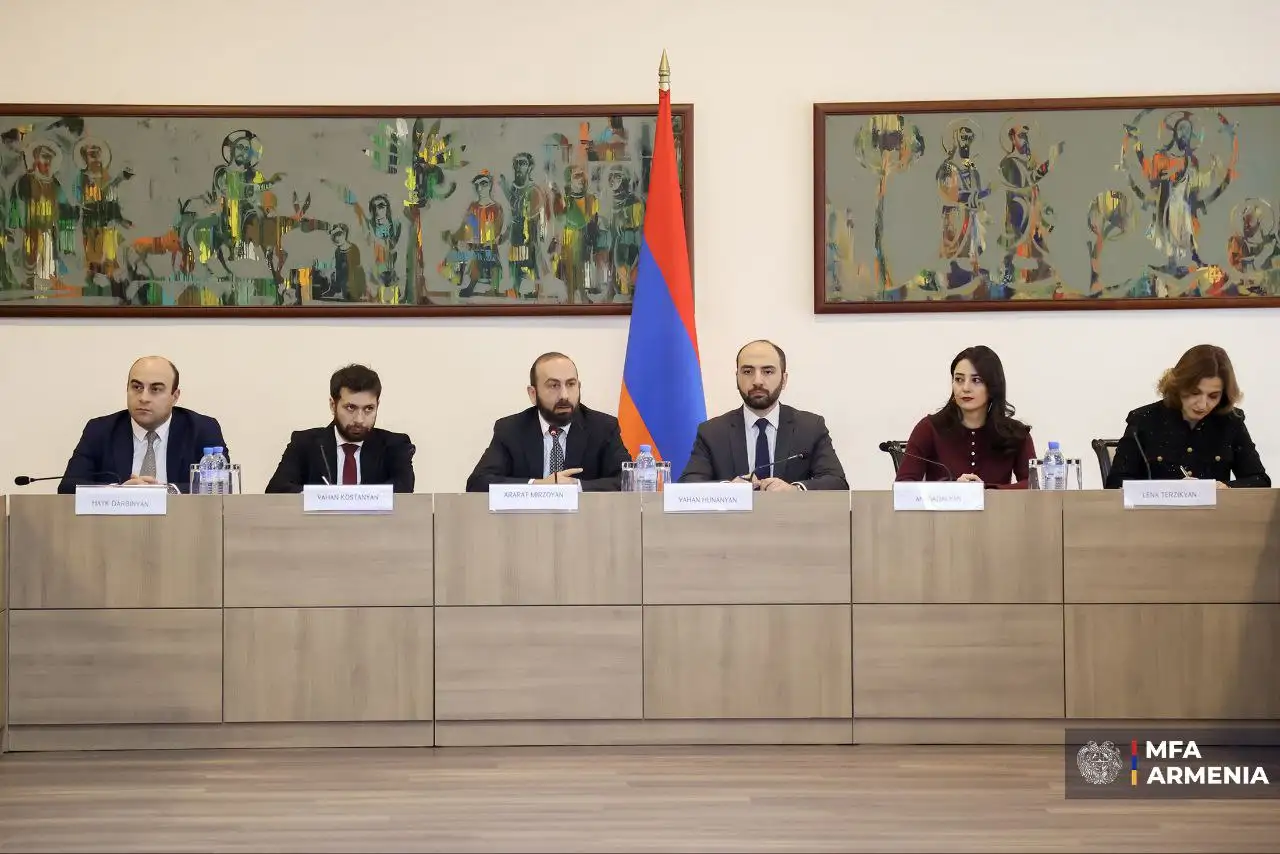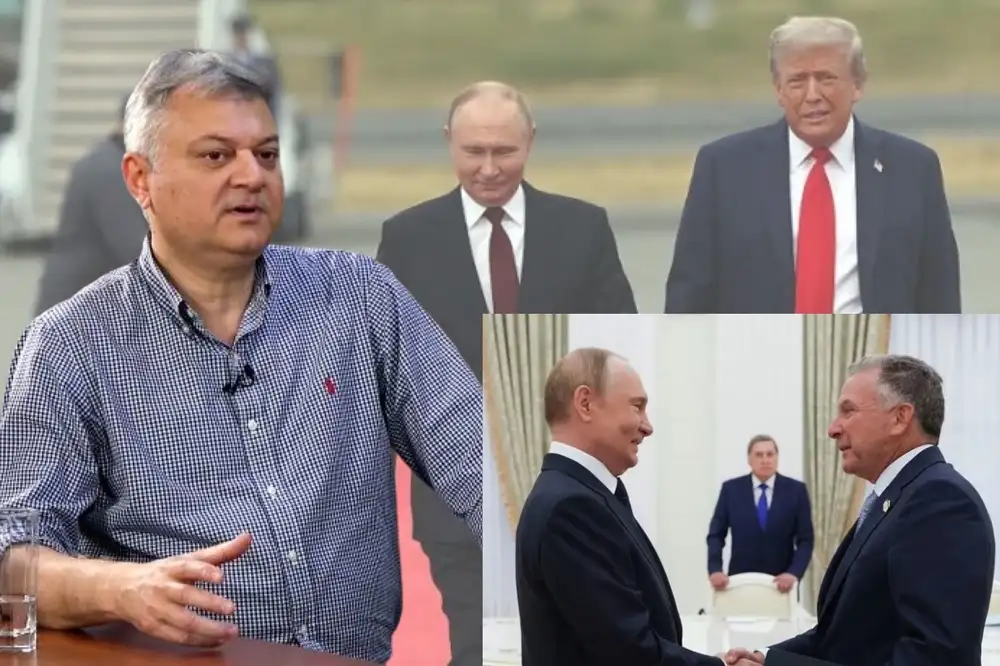Radar Armenia's interlocutor is the international scholar Shahan Gantaharyan.
- What is the significance of the appeals and evaluations made at the UN Security Council session regarding the closure of the Lachin Corridor if Azerbaijan continues to close the only road connecting Artsakh to Armenia?
- The political motives for convening a session of the UN Security Council, and even more so for the statements made there, are different from the immediate opening of the corridor. I don't think it's a humanitarian problem, either. A session of the UN Security Council would not have been convened for the "environmental" action and the closure of the corridor if there were no other geopolitical motives. The problem is to prove that the peacekeeping mission in the Russian domain needs to be fixed, and other tools and other tasks are required. This explains the differences in the content of the speeches of the representatives of the superpowers concerned. The USA demands the opening of the corridor from Azerbaijan and "other parties," France speaks of the need to restore the quadrilateral Brussels format, and the representative of Russia says that it is thanks to Russian mediation that the gas supply has been restored, or a partial lifting of the blockade has been carried out.
- How will you interpret the speech of the Russian representative at the UN Security Council session? Was it reflected in that speech that Russia was an ally of Armenia in 2020? He is one of the parties to the November 9 announcement.
-Unlike other states, once again, in the speech of the representative of the Russian Federation, there was no address or accusation; even more so, there was no mention of the prerequisites of the humanitarian disaster. The depopulation of Artsakh is not in the interests of Moscow. At the same time, however, Moscow respects the rules of the equal playing field to maintain the mediator status. Moscow makes it clear that it is the real architect, guarantor, and moderator of the ceasefire. He is the one who negotiates with the parties and works step by step to implement the lifting of the blockade of Artsakh. Maintaining mediator status implies not being one-sided or targeted and carrying out a peacekeeping mission. By suspending the Brussels quadrilateral meeting, Baku has clarified that mediators can be those who will not address one of the parties. Baku's expulsion of Paris from the mediation mission was also a message to Moscow to maintain "impartiality."
- Armenia calls on the UN, the OSCE, and the OSCE Minsk Group to send a mission to the Lachin Corridor. How realistic is it that the international organizations mentioned above will send a mission?
- Expecting a UN mission from Yerevan has a preliminary section. The permanent representative of the United Nations was expected to force Baku to fulfill its obligations under the tripartite declaration. This implies that the United Nations should recognize all points of the cease-fire agreement brokered by Moscow and accept Russian security control over the ways to de-block the region. This is a process that goes far beyond the borders of Artsakh. At the same time, sending a UN fact-finding mission to NK implies another international mission parallel to the Russian peacekeeping mission, which is difficult to see in the current geopolitical conditions, especially after the war in Ukraine, when the international community is in sanctions relations with the Russian Federation. In all of this, one should notice the tendencies of re-internationalization of the Artsakh problem and the humanitarian nature of reaching this milestone, even at first glance, where there are other geopolitical motives.
- What political messages does the visit of Ukrainian President Volodymyr Zelensky to the USA have, and what significance does it have for the Russian-Ukrainian conflict?
- At first glance, several circumstances should be kept in mind. Firstly, the visit is related to the provision of new anti-aircraft weapons. Secondly, there was material in the news that the US Republicans wanted to reduce the aid given to Ukraine. The visit has a propaganda-political nature. The USA is sending a message to Russia and the world that it is determined and will support Ukraine, which speaks of the war's long duration.
- On a surprise visit, the Vice Chairman of the Russian Security Council, Dmitry Medvedev, went to Beijing and met with Chinese President Xi Jinping. What is this meeting talking about?
- The visit should consider the situation of China's economic pole. Beijing is still not involved in military and political processes. And Medvedev's visit has the motive of breaking Russia's international isolation, especially the agenda of selling Russian gas to China.
Hayk Magoyan




















